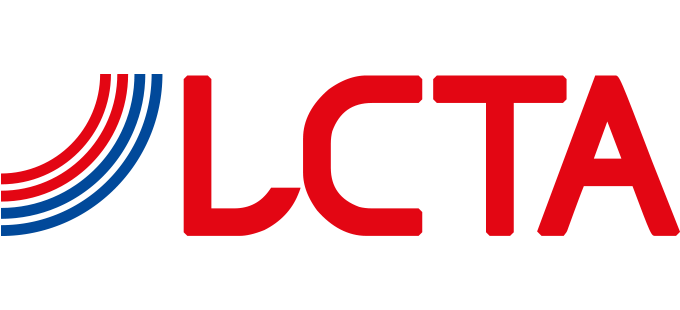EU Omnibus package: an overview

The European Commission proposes to streamline the rules on sustainability by changing the scope and timing of the adoption of the CSRD, CSDDD, CBAM and EU Taxonomy.
On February 26, 2025 the European Commission adopted the Omnibus package, a new package of proposals aimed at simplifying EU regulations, enhancing competitiveness, and facilitating increased investment capacity. The legislation encompassed in the package includes the Corporate Sustainability Reporting Directive (CSRD), the Corporate Sustainability Due Diligence Directive (CSDDD), the Carbon Border Adjustment Mechanism (CBAM) and the EU Taxonomy Regulation.
The following is a succinct overview of the suggested changes, without claiming to be exhaustive:
CSRD
- limitation of reporting companies’ scope to those with >1’000 employees;
- “value chain cap”: a voluntary reporting standard will be implemented for companies outside the CSRD scope, restricting the information that in-scope companies or banks can solicit from companies in their value chains with <1’000 employees;
- postponement of reporting obligations by two years for large companies and listed SMEs (so-called Wave 2 and 3);
- revision of the European Sustainability Reporting standards (“ESRS”) to reduce data points, clarify unclear provisions and enhance alignment with other regulations;
- deletion of sector-specific standards requirement;
- removal of the reasonable assurance standard.
CSDDD
- postponement of the transposition deadline and the application date for the first wave of companies by one year, now set for July 27 and July 2028 respectively, while the adoption of the necessary guidelines has been advanced to July 2026;
- exemption from the requirement to systematically conduct thorough assessments of adverse impacts in complex value chains; full due diligence is required only when plausible information suggests such impacts;
- further simplification of sustainability due diligence requirements, including an extension to 5 years for the intervals between periodic assessments and updates, streamlining of stakeholder engagement obligations, and the removal of the requirement to terminate business relationships as a last resort measure;
- restriction on the information that in-scope companies may solicit from their SME and small midcap business partners (i.e. companies <500 employees) to that specified in the CSRD voluntary sustainability reporting standards (VSME standard); additional information may only be requested if essential for conducting the mapping and cannot be acquired through other reasonable methods;
- deletion of the obligation to terminate as a last resort: companies would only be required to halt engagements pertaining to the relevant activity.
CBAM
- exemption from CBAM obligations for small importers (<50 tons per year);
- simplification of declarants’ authorization, embedded emissions’ calculation, reporting requirements and compliance with financial liabilities for CBAM in-scope importers.
The Commission confirms its intention to broaden the scope of CBAM to encompass other sectors within the existing emissions trading scheme and downstream products, with a legislative proposal expected by 2026.
Taxonomy
- voluntary Taxonomy reporting for CSRD in-scope companies (>1’000 employees) with a net turnover of up to EUR 450 million;
- simplification of reporting templates;
- simplifications of Taxonomy-based KPIs for banks by excluding exposures from the Green Asset Ratio (GAR) for companies not included in the future scope of the CSRD.

